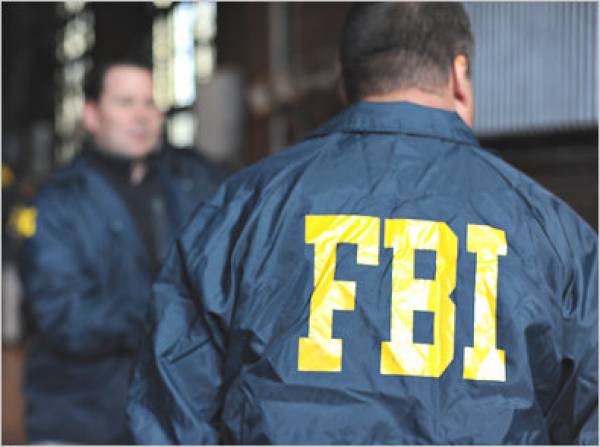Law Firm Talks Violation of Poker Pro Paul Phua Rights as Part of FBI Ruse

In a case testing the boundaries of how far the government can go when creating a ruse to access a suspect’s premises, a U.S. District Court in Nevada concluded that the government’s disruption of internet service to a hotel room in order to generate a service call, and allow access by government agents, violated the Fourth Amendment rights of the hotel guest.
One of several defendants in a case alleging illegal gambling in violation of 18 U.S.C. sections 1084 and 1955 moved to suppress evidence gathered as the result of a creative effort by government agents to access a “high roller” villa at a luxury hotel-casino on the Las Vegas Strip. The investigation began when hotel IT technicians were called to the villa to help set up hotel-loaned computer equipment and noticed what they thought was evidence of an illegal bookmaking operation relating to the 2014 World Cup Soccer Tournament. When the technicians reported what they saw, the hotel alerted the Nevada Gaming Control Board which contacted the FBI. The FBI then devised a plan to gain access to the subject villa by disrupting DSL service to the villa thus generating a call for service. When the call came, two agents posing as hotel technicians responded and, while inside pretending to troubleshoot the connection problem, observed evidence of an illegal bookmaking operation on computer screens within the villa. The agents subsequently obtained warrants and searched three villas and seized evidence which led to the indictment.
Motions to suppress the seized evidence were eventually filed and the assigned magistrate judge found that the agents did not violate the movant’s Fourth Amendment rights in gaining access to the villa without a warrant. The magistrate judge concluded that the occupants consented to the agents’ entry and that the consent was voluntary because the ruse did not raise a safety issue or disrupt an essential service so that the occupants believed there to be an emergency. The magistrate therefore recommended to the assigned district court judge that the motions to suppress be denied. The district court judge rejected the magistrate’s recommendation and concluded that the agents did violate the Fourth Amendment by creating the need for a third party to enter the villa to repair the DSL connection and then posing as repairmen to gain entry. Under these circumstances, explained the court, the occupants’ consent was not voluntary. While acknowledging the well-established line of cases in which consent by deception has been found to not violate the Fourth Amendment, the court explained that the facts of the case were unique because the government “was not just taking advantage of a fortuitous opportunity.” Instead, the court concluded, the government “created the need for the occupant to call for assistance from a third party by cutting off a service.” Although the government conceded that if agents terminate essential services, such as water, heat, or electricity, any consent to access to fix those services would not be voluntary, the government argued that because the DSL connection was not an essential service, especially because the villa occupants still had internet access through the hotel’s Wi-Fi, the consent was valid. The court disagreed, finding that “no case has held that consent is invalidated only when the government creates such a situation or terminates an ‘essential’ service … disruption of even ‘non-essential’ services may support a finding that consent was coerced if the totality of the circumstances otherwise supports that finding.” The court then concluded that under the totality of the circumstances, the government did not meet its burden to show that the occupants’ consent was truly voluntary.
The case is U.S. v. Wei Seng Phua, et al, Case No. 2:14-cr-00249-APG-PAL. The district court’s decision can be found here.
This piece was presented by the law firm of Snell and Wilner. Visit them here













